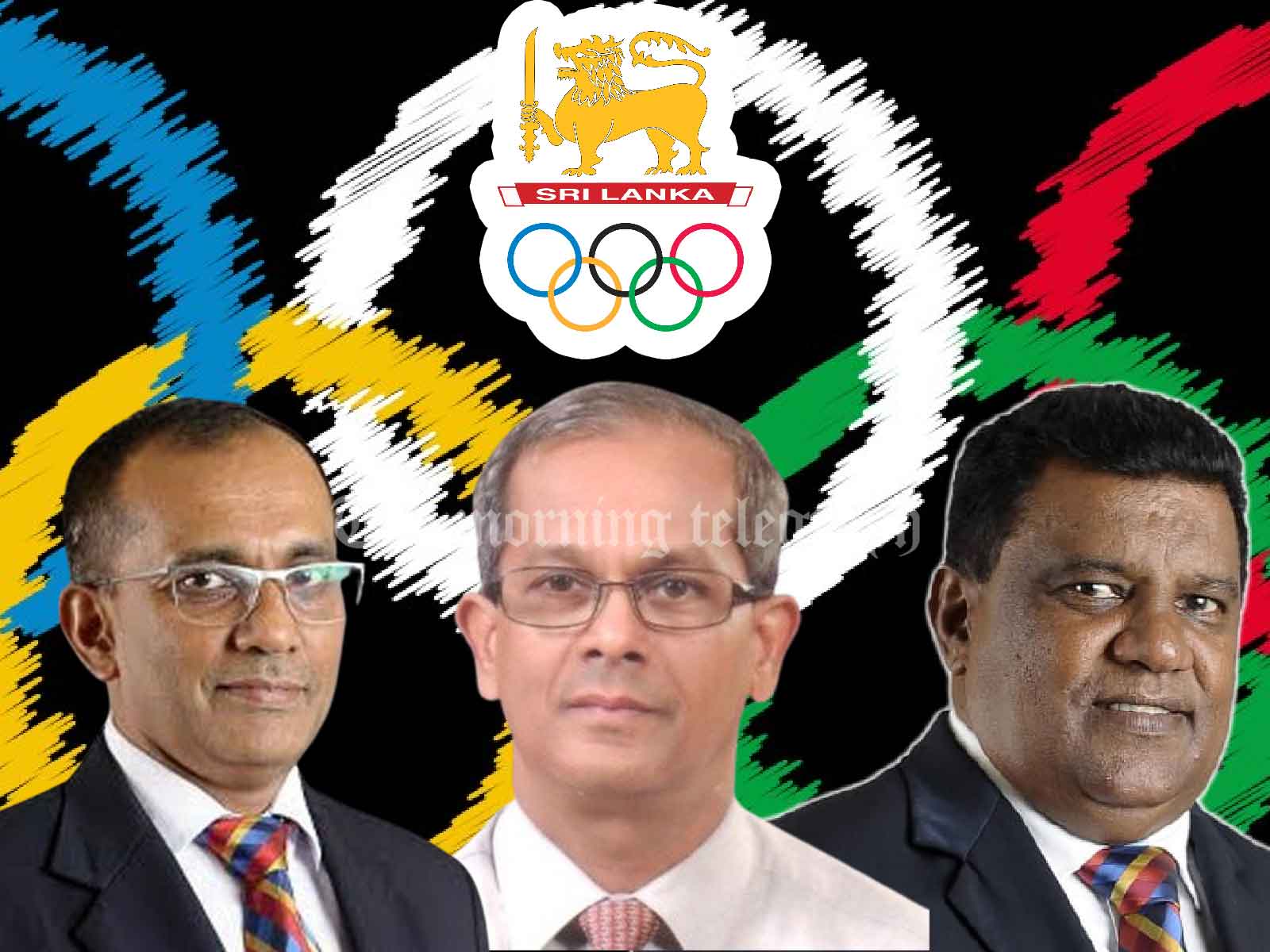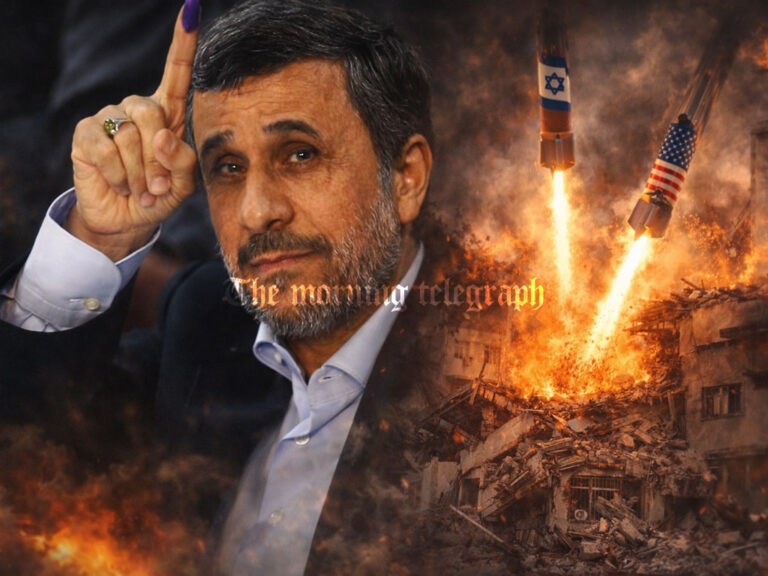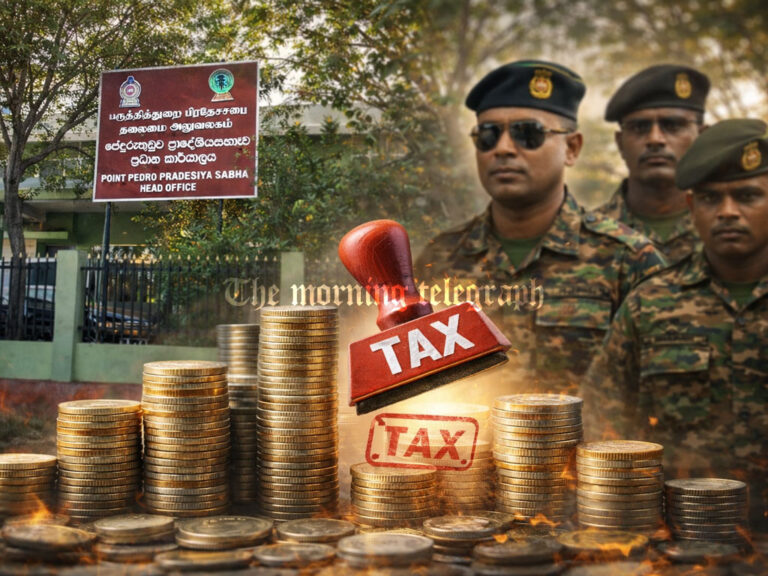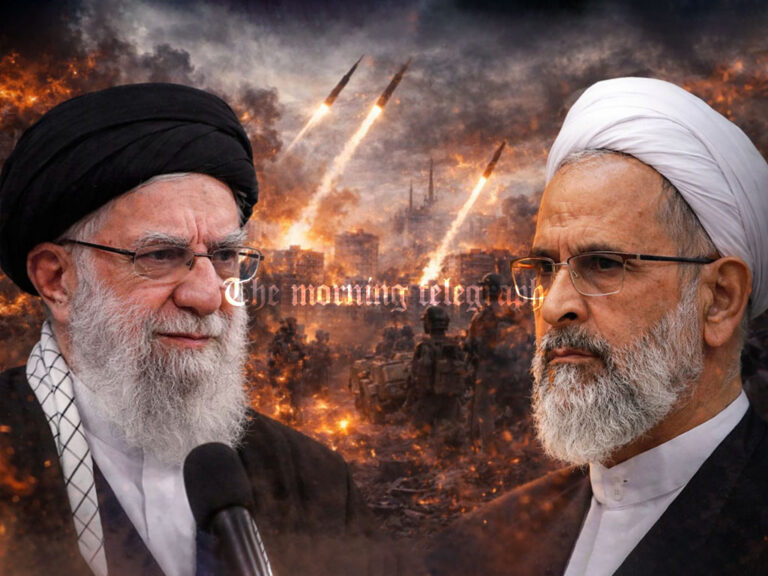
Corruption Casts a Dark Shadow Over Corrupt NOCSL Executive Committee Members
Sri Lanka’s sports sector is mired in a cycle of corruption and delayed justice, where investigations are routinely stalled allegedly due to bribery and influence among government officials. This toxic dysfunction, fueled by corruption and powerplay, has severely hindered the nation’s Olympic aspirations.
Despite having over 32 sports associations aligned with Olympic events, Sri Lanka struggles to field athletes on the global stage. Rather than emerging as a competitive force, the country barely manages to send a handful of athletes to the Games, underscoring how deeply systemic corruption drains Sri Lanka’s athletic potential.
The bleak state of affairs revolves around officials entrusted with speeding up investigations yet continually delaying cases, allegedly playing both sides for personal gain. Rather than advancing cases to the Attorney General’s office, they create needless procedural delays, often to benefit the respondent. This behavior also enables corrupt investigating officials to avoid accountability while piling up personal gains.
The case of Maxwell De Silva, current Secretary General, starkly illustrates the challenges in enforcing accountability.
For years, he has faced allegations of fraud, manipulation, and even human smuggling, yet he has managed to delay proceedings, securing extensions repeatedly. Reports suggest that he has allegedly bribed officials with perks like foreign trips and lavish hampers, enabling him to evade justice. A group of NOCSL Executive Members are said to manipulate outcomes to favor Maxwell, while inquiries into federations or individuals are reportedly swayed to either incriminate or clear him based on his directives, rather than following unbiased procedures.
Disturbingly, even respected figures in government-appointed roles have been implicated in accepting such perks, casting significant doubt on the impartiality of investigative bodies. Many of these officials are also accused of fixing outcomes to suit Maxwell’s preferences, compromising the integrity of the entire process.
Who is reinventing the wheels of justice?
The 2016 Rio Olympics investigation exemplifies the endless delays in Sri Lanka’s sports sector. Maxwell De Silva and Hemasiri Fernando, implicated in a scandal surrounding the Rio Games, have faced virtually no consequences. The case, despite being in the Attorney General’s office, has stalled. A recent request for a secondary statement from the complainant suggests that key officials are determined to prolong justice indefinitely. This case, in which the reputation of Sri Lanka’s Olympic aspirations hangs in the balance, highlights the failure of those in power to act decisively against corruption.
Meanwhile Maxwell De Silva has successfully evaded investigation after investigation for over a decade, surviving on claims that the accusations against him are merely “allegations,” a stance he has been hoodwinking many for years. Despite mounting evidence, he avoids formal inquiries and these get postponed indefinitely.
Now finally the NOCSL appointed Ethics Committee has instructed that the Sec.Gen Maxwell De Silva be suspended to allow investigations to proceed. This is after the Ministry of Sports appointed a committee to investigate multiple cases of fraud and corruption and provided a 24 page document on which the NOCSL Ethics Committee based their recommendations.
Sec. Gen Maxwell De Silva’s Close Allies
NOCSL Treasurer Gamini Jaysinghe and Assistant Secretary Chandana Liyanage have emerged as crucial allies to Secretary-General Maxwell De Silva within the National Olympic Committee of Sri Lanka (NOCSL). Despite having no formal financial expertise, Jaysinghe has retained his role as Treasurer, allegedly aiding De Silva in activities that have raised concerns. Meanwhile, Liyanage, a former Air Force member recently dismissed from Brandix over significant fraud allegations, also collaborates closely with De Silva. The three are dedicated solely to their NOCSL roles yet face serious accusations of mismanagement and questionable handling of sponsorship funds meant for athletes, among other exposed cases. Both Jaysinghe and Liyanage, are former government employees with records of alleged misconduct, exemplify a troubling lack of accountability within the NOCSL, which has allowed them to hold influential positions. Initial internal investigations reportedly implicated De Silva and Jayasinghe in corrupt practices, with these cases now escalated to the CID and Fraud Bureau. This raises pressing questions about whether they should remain in their roles or if immediate steps are necessary to prevent further misconduct.
Other NOCSL Ex-Co Members noted to be part of this same gang who also have benefited immensely through alleged corrupt deals are Shirantha Peiris, Nuluka Karunaratne, Suranjith Premadasa, Kanchana Jayaratne, Sampath Alahakoon, Rifdy Fahmi and Sarath Hewavitharana.
Even former Minister of Sports Harin Fernando and his officials shielded Sec.Gen De Silva
Frustration grew over the actions of former Sports Minister Harin Fernando, who, after initiating a comprehensive corruption investigation, allegedly withheld the finalized report as of February 2024. Reportedly, Fernando’s advisor, Chandimal Mendis, played a role in concealing the report following an Olympic trip to Paris, organized by Maxwell De Silva. Only after Minister Harin Fernando’s parliamentary exit was the report turned over to the National Olympic Committee of Sri Lanka (NOCSL). It was only then that the NOCSL’s Ethics Committee recommended suspending Sec.Gen Maxwell De Silva, citing ongoing investigations into his conduct, as well as suspected complicity among certain corrupt members within the NOCSL Executive Committee.
NOCSL sets a bad global precedent
Ignoring the NOCSL Ethics Committee’s report and recommendations risks setting a harmful precedent for similar committees within IOC member nations and other global sports associations. This dismissal should be a serious concern for Prime Minister Harini Amarasuriya, who also serves as the appointed Minister of Sports.
New government strives to implement good governance
Amidst this administrative chaos, the NPP government now holds the public’s hope to restore integrity and good governance within the sports associations. The systemic corruption within sports bodies, if left unchecked, will continue to rob Sri Lankan athletes of opportunities on the world stage. With such extensive resources and talent, the country should excel in international sports. Instead, it struggles to keep pace, as evidenced by only four athletes qualifying for the Paris 2024 Olympic Games. The last time Sri Lanka won an Olympic medal was in 2000, a silver in athletics, 52 years after Duncan White’s historic silver in 1948.
Corruption in Sri Lanka sports has become a tragic saga, casting a shadow over a nation brimming with potential. As each new sports minister enters office, hope for reform grows, yet the cycle of corruption endures. The delay tactics, bribery, and political interference have led to a system so compromised that Sri Lanka’s standing in global sports has nearly evaporated. If true change is not enacted swiftly, the country risks further erasing itself from the world’s sporting map, depriving future generations of athletes the opportunity to shine.




